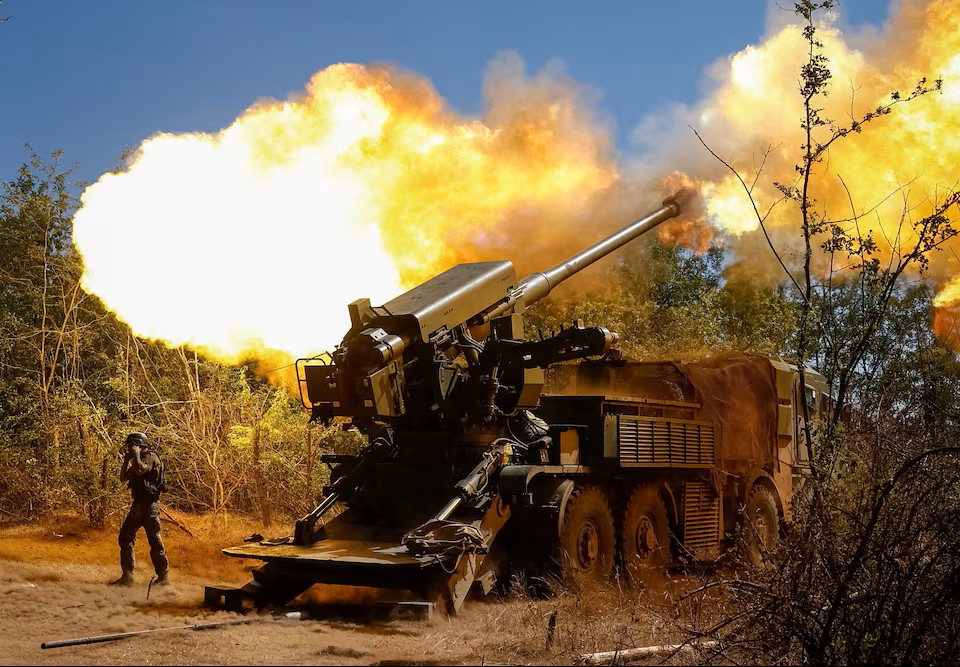A proposal for European nations to send peacekeeping forces to Ukraine has triggered a significant political and public backlash in Germany. The concept, part of broader Allied talks on a potential future peace deal with Russia, remains remote but has sparked intense debate. Chancellor Friedrich Merz has signaled a conditional openness to German participation, emphasizing that any decision would require coordination with European partners and a likely mandate from the German parliament, the Bundestag.
The idea faces steep opposition from across the political spectrum. Alice Weidel, leader of the surging far-right Alternative for Germany (AfD), has accused Merz’s conservatives of “war-mongering,” labeling the consideration of ground troops as “dangerous and irresponsible.” Criticism also comes from within the government, as Foreign Minister Johann Wadephul expressed doubts that the country could handle such a mission, warning it “would probably overwhelm us.”
This resistance is rooted in Germany’s complex historical and contemporary context. The nation’s Nazi past and the perceived failures of recent military deployments in Afghanistan and Mali have created deep public unease about foreign interventions. There is also a growing backlash against spending billions on military aid for Ukraine while Germany’s own economy faces struggles, coupled with fears of overstretching its neglected armed forces and being drawn into a direct conflict with a nuclear-armed Russia.
Navigating this issue presents a major challenge for Chancellor Merz. Despite his pledge to build Europe’s most powerful conventional army, his popularity has sagged, and the Russia-friendly AfD leads in national polls. A Forsa survey highlights the national divide, showing Germans almost evenly split on the issue, with 49% in support and 45% opposed—a stark contrast to stronger majorities in favor in France and Britain. With the political capital required high and the outcome uncertain, the government is expected to proceed with extreme caution.














